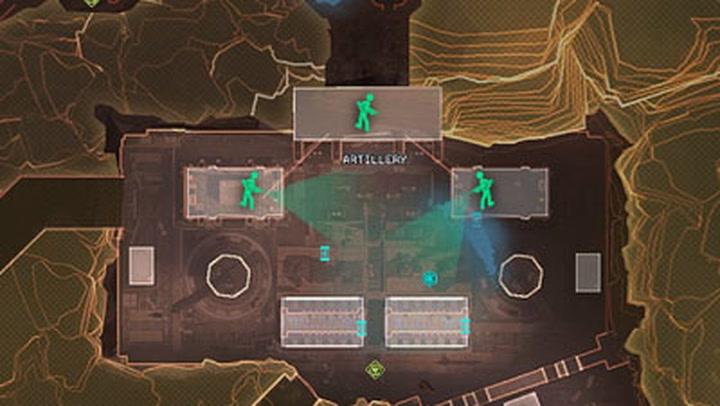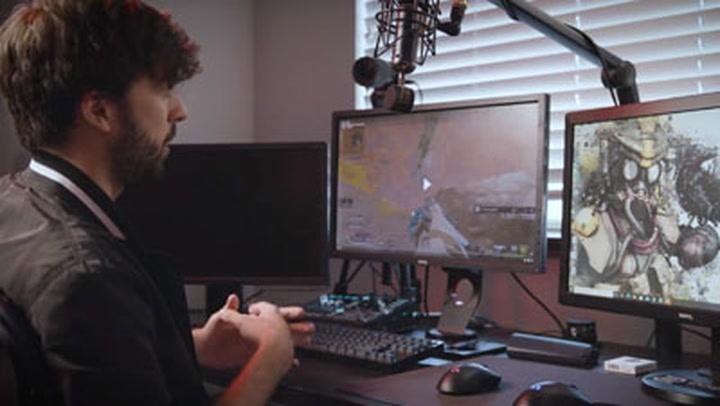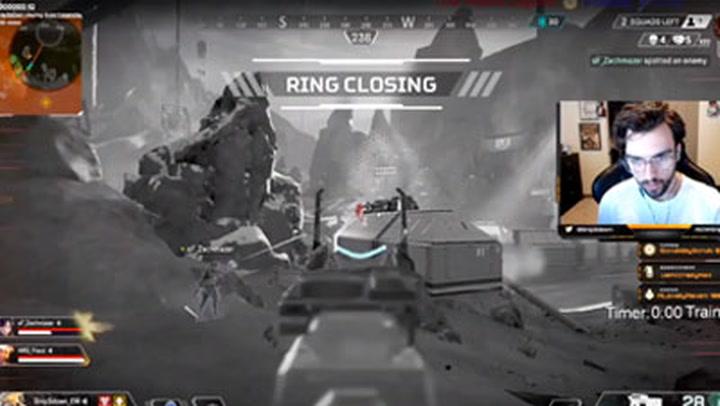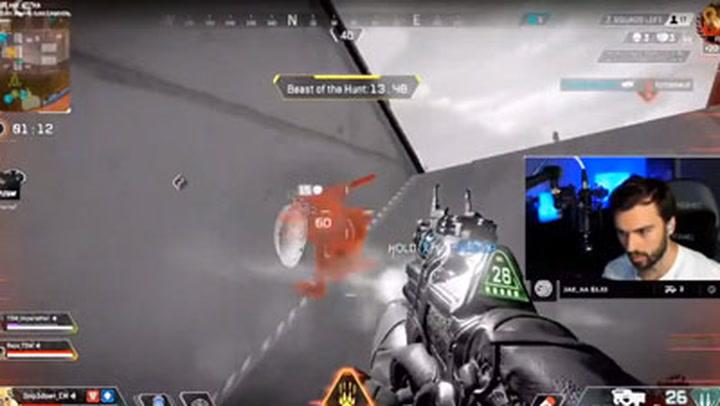Snip3Down Teaches Apex Legends Fundamentals

Snip3Down
11 Video lessons

Public release date: 10/26/22
From Halo World Champion to Apex Pro, Snip3down has competed at the highest level of tactical and arena shooters for years. In this course, he'll go in depth and teach you all the fundamental skills you'll need to rank up in Apex Legends.
Lesson 1
Snip3down teaches you about his tactical FPS background and transition to Apex Legends. Learn more about:
Snip3down’s career accomplishments and journey to becoming a professional esports player
Eric’s personal playstyle and opinions on Apex Legends as an FPS title
Lessons learned and advice for aspiring pro players
Major takeaways and themes covered in this course
Lesson 2
Snip3down offers valuable perspective on choosing the right input for you in Apex Legends. He’ll cover:
Key characteristics, advantages, and disadvantages of Controller vs. Keyboard inputs
Mirror strafing and the relationship between aim and movement
Ways to warm up your aim and how to activate the firing range Easter egg
Bullet drop-off across different ammo types
Lesson 3
Eric explores one of the most important fighting skills in Apex and shows you why he’s known for excelling in this area. By the end of this chapter, you’ll learn:
What factors go into consistently good fight positioning
Common misconceptions and mistakes when it comes to positioning
The importance of knowing your legend’s role on a team in determining where to put yourself
Using cover, height, and information to create in-fight advantages
Lesson 4
Learn about fundamental aspects of Apex Legend’s unique item system and different ways to optimize your play including:
How to determine when to heal or contribute during a fight
Choosing an ideal gun loadout for your legend
The importance of spreading loot amongst teammates and upgrading evo shields
Efficient healing and armor swapping during fights
Lesson 5
Snip3down teaches you how to apply concepts like these into your own game:
The importance of being specific in your communication
When to use vocal emphasis for optimal communication
The value of utilizing the Apex Legends pinging system
Communicating ability usage to better keep your teammates on the same page
Lesson 6
With many important resource types to keep track of in Apex, this segment will help you learn:
Best practices for looting and sharing loot amongst teammates
How to manage healing and ammo usage throughout a game of Apex
The best ways pros use key abilities across a variety of Legends
Thinking creatively about your ability usage and managing key cooldowns
Lesson 7
Snip3down helps you improve your early game performance by establishing:
The importance of a good drop in setting yourself up for the later stages of the game
Advantages and disadvantages of taking early game fights
Determining the right times to take fights
The importance of having contingency plans and discussing them during down time
How to maximize your distance and stretch while dropping
Lesson 8
Snip3down helps you navigate one of the most chaotic phases of the game by teaching you:
How to create a solid plan for the mid-late game
Advantages and disadvantages of landing closer or further from the center of the map
Key characteristics of different maps in the competitive pool
The importance of clearing out your back and holding out other teams when playing on the edge of zone
Lesson 9
Watch Eric break down a hype end-game scenario and learn:
What separates consistently top-placing teams from the average player
The importance of circulating ideas and information between teammates
How resource scarcity affects the way you should play end-game situations
How to navigate a tense end-game situation
Lesson 10
Snip3down gives you important practice tips including:
Things to look for when analyzing your own gameplay
What tournament preparation looks like for pro teams
Areas of Apex gameplay you should focus on and train
Why weapon and legend comfortability is critical
Lesson 11
In this final lesson, Snip3down teaches you lessons he’s learned throughout his pro career including:
The importance of being self-critical in helping you improve consistently
How to handle tilt and high tensions
The value of building trust and a support system in your regular teammates










